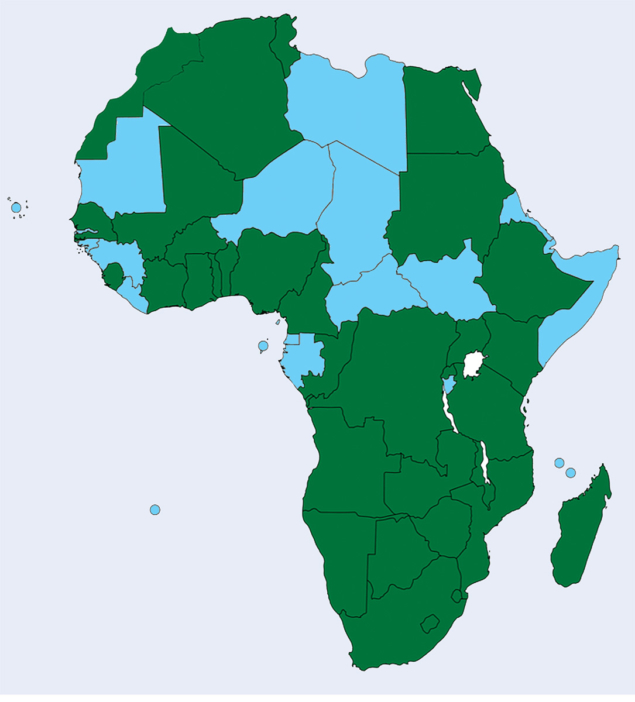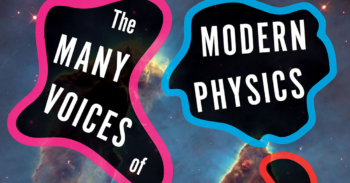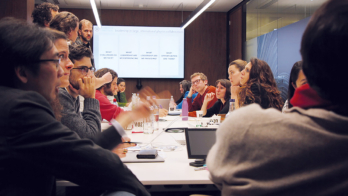
Science and technology are key instruments for a society’s economic growth and development. Yet Africa’s science, innovation and education have been chronically under-funded. Transferring knowledge, building research capacity and developing competencies through training and education are major priorities for Africa in the 21st century. Physics combines these priorities by extending the frontiers of knowledge and inspiring young people. It is therefore essential to make basic knowledge of emerging technologies available and accessible to all African citizens to build a steady supply of trained and competent researchers.
In this spirit, the African School of Fundamental Physics and Applications was initiated in 2010 as a three-week biennial event. To increase networking opportunities among participants, the African Conference on Fundamental and Applied Physics (ACP) was included as a one-week extension of the school. The first edition was held in Namibia in 2018 and the second, co-organised jointly by Mohammed V University and Cadi Ayyad University in Morocco, was rebranded ACP2021, originally scheduled to take place in December but postponed due to COVID-19. The virtual event held from 7 to 11 March attracted more than 600 registrants, an order of magnitude higher than its first edition.
The ACP2021 scientific programme covered the three major physics areas of interest in Africa defined by the African Physical Society: particles and related applications; light sources and their applications; and cross-cutting fields covering accelerator physics, computing, instrumentation and detectors. The programme also included topics in quantum computing and quantum information, as well as machine learning and artificial intelligence. Furthermore, ACP2021 focused on topics related to physics education, community engagement, women in physics and early-career physicists. The agenda was stretched to accommodate different time zones and 15 parallel sessions took place.
Welcome speeches by Hassan Hbid (Cadi Ayyad University) and by Mohammed Rhachi (Mohammed V University) were followed by a plenary talk by former CERN Director-General Rolf Heuer, “Science bridging Cultures and Nations” and an overview of the African Strategy for Fundamental and Applied Physics (ASFAP). Launched in 2021, the ASFAP aims to increase African education and research capabilities, build the foundations and frameworks to attract the participation of African physicists, and establish a culture of awareness of grassroots physics activities contrary to the top-down strategies initiated by governments. Shamila Nair-Bedouelle (UNESCO) conveyed a deep appreciation of and support for the ASFAP initiative, which is aligned with the agenda of the United Nations Sustainable Development Goals. A rich panel discussion followed, raising different views on physics education and research roadmaps in Africa.
A central element of the ACP2021 physics programme is the ASFAP community planning meeting, where physics and community-engagement groups discussed progress in soliciting the community input that is critical for the ASFAP report. The report will outline the direction for the next decade to encourage and strengthen higher education, capacity building and scientific research in Africa.
The motivation and enthusiasm of the ACP2021 participants was notable, and the efforts in support of research and education across Africa were encouraged. The next ACP in 2023 will be hosted by South Africa.
Further reading
F. Fassi, arXiv:2206.09710





